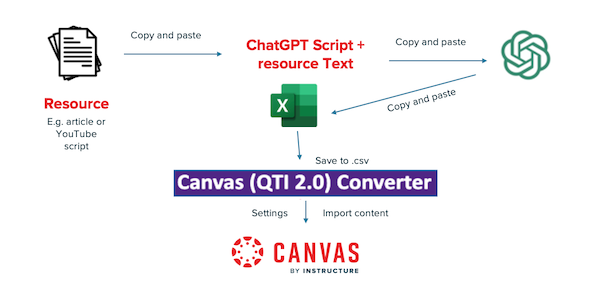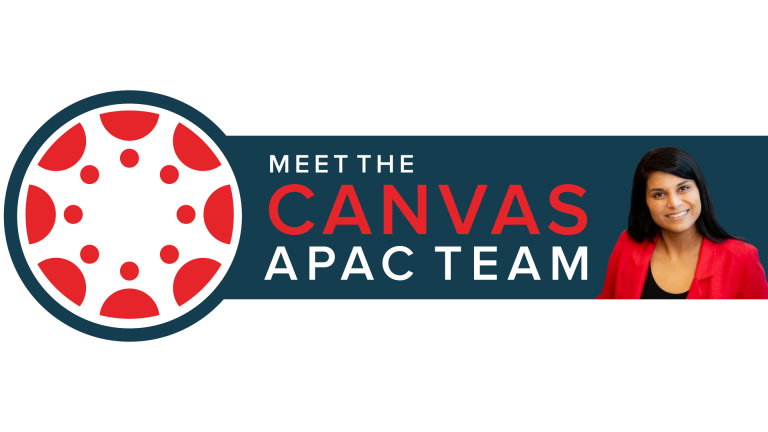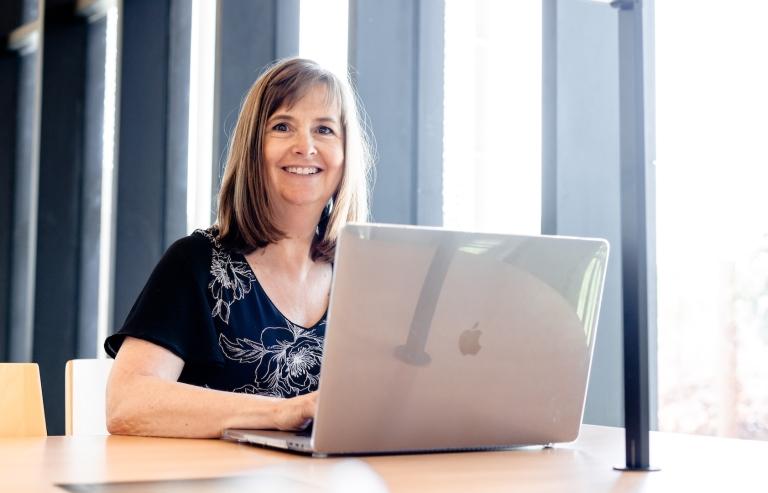
The meteoric rise of Artificial Intelligence (AI) has disrupted different industries across the globe, and the education sector is no exception, prompting important discussions on ethics, policy making, and regulation.
Popular generative AI tools like ChatGPT, Grammarly, and Gemini, among others, have become staples among many students. In fact, the Global Student Survey 2023, which sought to understand the impact of generative AI on higher education, found that 40% of university students worldwide have used AI for their studies, with more than half of those resorting to it to understand a concept or subject.
The wide use of AI among students, however, does not extend to the teaching workforce, as educators seemingly lag behind in adapting to this technology. The Fall 2023 Faculty Pulse Survey in the U.S. revealed that only 22% of faculty members use AI in their teaching practices, suggesting a more pessimistic view of how AI impacts student learning.
At CanvasCon Philippines 2024, held at Grand Hyatt Hotel in Manila on September 6, industry experts shared different approaches on how educators can leverage AI to enhance their overall teaching strategies—from creating assessments to tailor-fitting learning content for students.
Automating quiz creation
Educators at Yarra Valley Grammar in Melbourne are harnessing the potential of AI as an effective assistive tool. Philip Callil, its director of IT and Digital Learning, has introduced a multi-step process to automate quiz creation using ChatGPT.

The process begins with copying texts from a document or a published article that educators want to create questions from. They can also use a transcript of a YouTube video. Using a specific prompt or script, ChatGPT will generate questions, which will be transported into a Microsoft Excel file. Educators will then have to convert this Excel file into a CSV file and import it as course content in Canvas. The process, in Callil’s estimate, takes only 10 minutes.
This approach has been adapted by Yarra Valley’s teaching staff and has gained positive feedback, including from faculty heads and people in charge of curriculum assessment.
“Part of my philosophy is the idea that assessment should be formal, but it should be supported by recorded informal activities. This is a formative assessment that I think adds value to the overall assessment,” Callil said on the sidelines of CanvasCon.
Allaying fears about over reliance and possible decline in productivity, Callil emphasized the role of educators in properly integrating AI.
“The responsibility of educators is to make sure that they are looking for bias, make sure that they’re looking for accuracy, and if they’re doing that, then ChatGPT can be really, really valuable.”
Using ChatGPT for productivity and output is just one side of the coin. Educators, according to him, can also use ChatGPT to gain valuable insights to improve their teaching practices.
“The other part is not so much output; it’s input to look at overall teaching and learning strategies, ask ChatGPT to evaluate what you’re doing, and seek advice on how to improve. Now, that’s really, really powerful.”
Building connections with students
De La Salle University (DLSU) in Manila, touted among the most premier educational institutions in the Philippines, is also leveraging AI to enhance student engagement through learning pathways.
Alexis Mae Pineda, an educational technologist at DLSU, is a long-time advocate of personalized learning. She understands the huge shift in students’ learning interests, so she now urges educators to keep up with the demands of young students, as well as the challenges that AI poses.
“Before the pandemic, I always [told] teachers to make sure that their classes [were] more interesting than YouTube videos because YouTube videos are very interesting. But now, what I tell them is to make their classes more interesting than ChatGPT.”
Students, according to her, prefer ChatGPT as a source of knowledge because they build a rapport with the tool.
“They feel connected with ChatGPT. They can contexualize a conversation based on how they want to learn or on personal interests, so they can understand specific concepts better.”
An effective way for educators to replicate this relationship with students is by offering learning materials based on their interests. Canvas’ Mastery Paths can help educators build such connections with their students, according to Pineda.
Mastery Paths is a built-in Canvas feature that allows educators to create branched learning paths, personalize student learning, and provide targeted support to students who need additional help. Mastery Paths makes it easier for educators to help every student master course topics by delivering alternative instructional materials or activities based on their individual performance. Educators can design custom learning paths and have them automatically delivered to students when they finish an assessment.
“I’m really a fan of personalized learning ever since the pandemic because I was exposed to various [technologies]. When I transferred [to] De La Salle University and I discovered Mastery Path, I was really amazed [by] its features. It saves a lot of time.”
Watch all the CanvasCon Philippines 2024 sessions on-demand here.
Related Content
 new_and_next_webinar.png
new_and_next_webinar.pngBlogs
 meet-canvas-apac-team-farrah.png
meet-canvas-apac-team-farrah.pngBlogs
 instructure_2022-may_cofi-273.jpeg
instructure_2022-may_cofi-273.jpegBlogs